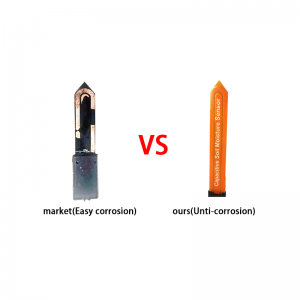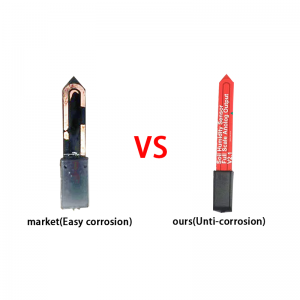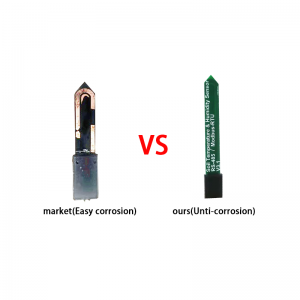Jakarta News — With the continuous advancement of technology, Indonesian agriculture is gradually moving toward modernization. Recently, the Indonesian Ministry of Agriculture announced that it will promote the use of soil sensors in various agricultural areas to enhance crop yields and optimize water resource utilization. This initiative is not only a response to the global trend of agricultural modernization but also an essential component of the country’s food security strategy.
1. The Role of Soil Sensors
Soil sensors can monitor key information such as soil moisture, temperature, nutrient levels, and pH in real time. By collecting this data, farmers can manage irrigation, fertilization, and pest control more precisely, avoiding overuse of water and fertilizers, thereby reducing environmental pollution and resource waste. Additionally, these sensors can effectively improve crop growth efficiency and resistance to adverse conditions, thus enhancing agricultural output.
2. Installation and Promotion Plan
According to the Ministry of Agriculture, the first batch of soil sensors will be installed in agricultural regions with high crop planting density, such as West Java, East Java, and Bali. A spokesperson from the Ministry stated, “We hope that by promoting this technology, we can help farmers gain accurate soil information, allowing them to make more informed decisions during planting. Our goal is to achieve precision agriculture and enhance overall agricultural production efficiency.”
For the installation of the sensors, the agricultural department will collaborate with local agricultural cooperatives to provide on-site guidance and technical training. Training will cover sensor selection, installation methods, and data analysis, ensuring that farmers can fully utilize this new technology.
3. Success Stories
In previous pilot projects, soil sensors have been successfully installed on several farms in West Java. Farm owner Karman stated, “Since installing the sensors, I can check soil moisture and nutrient levels at any time, which has allowed me to make more scientific decisions about irrigation and fertilization, leading to significantly improved yields.”
4. Future Outlook
The Indonesian Ministry of Agriculture stated that as soil sensor technology continues to be popularized and applied, it is expected to be promoted nationwide, providing strong support for the sustainable development of Indonesian agriculture. The government also plans to increase investment in smart agriculture technology, encouraging enterprises and research institutions to develop more innovative technologies suitable for local agricultural environments.
In summary, the installation and application of soil sensors are not only an important step toward the modernization of Indonesian agriculture but also provide farmers with a more efficient and environmentally friendly planting method. With technological advancements, the future of Indonesian agriculture looks increasingly promising.
Post time: Nov-12-2024




